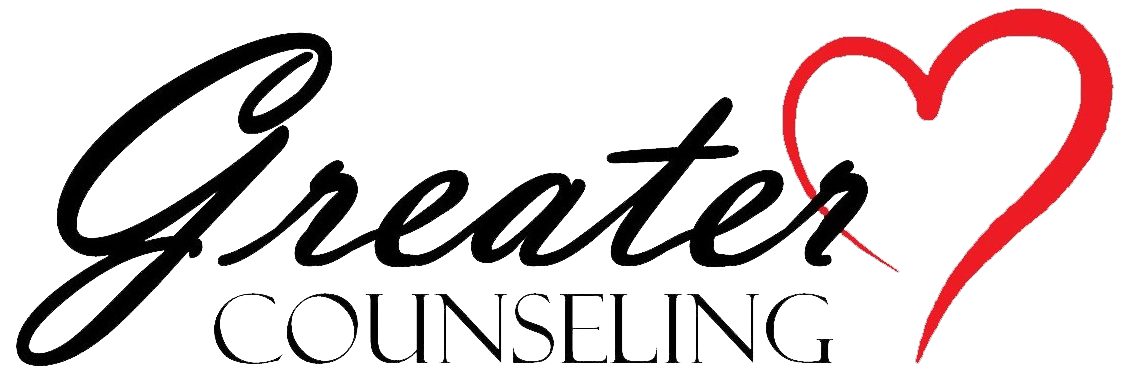Boundaries
Boundaries help determine what is and is not okay in a relationship. we put them in place to protect our well-being. They help us to build trust, safety, and respect in relationships.
4-6 sessions
UNDERSTANDING Boundaries
In the first session, couples will learn what boundaries are, and what they aren’t. They will identify the 7 types of boundaries and begin developing healthy boundaries on day one! These boudaries will increase safety, security, respect, and well-being in the relationship.
In session two, couples will assess healthy vs unhealthy boundaries within their relationship. They will explore their underlying thoughts, feelings, and experiences that generate their needs and learn how to implement healthy boundaries in their life.
healthy vs. unhealthy boundaries
identifying roles and expectations
In session three, couples will evaluate their spoken and unspoken roles and expectations in the relationship. They will work to gain a shared understanding of each other’s non-negotiable and flexible standards and enhance their ability to respect each other’s perspectives.
practicing how to say no
In this session, couples will practice verbalizing their boundaries to their partner in effective and meaningful ways. They will engage in role-playing scenario-based exercises, giving them the opportunity to develop confidence in their ability to enforce their boundaries in productive ways.
why we struggle with boundaries
In this week, couples will take a look at why they struggle to set and maintain healthy boundaries in their relationship. They will assess what they believe to be their worth, value, and meaning in life and determine how they conceptualize their “right” to be heard, understood, and respected.
Respecting others boundaries
In the final week, couples will address how they respond to boundaries set by others. They become aware of their tendencies to get offended and hurt, resulting in a victim/offender mentality. Skills will be discussed to respond in more productive ways that will enhance closeness and connection even when the answer is “No.”









